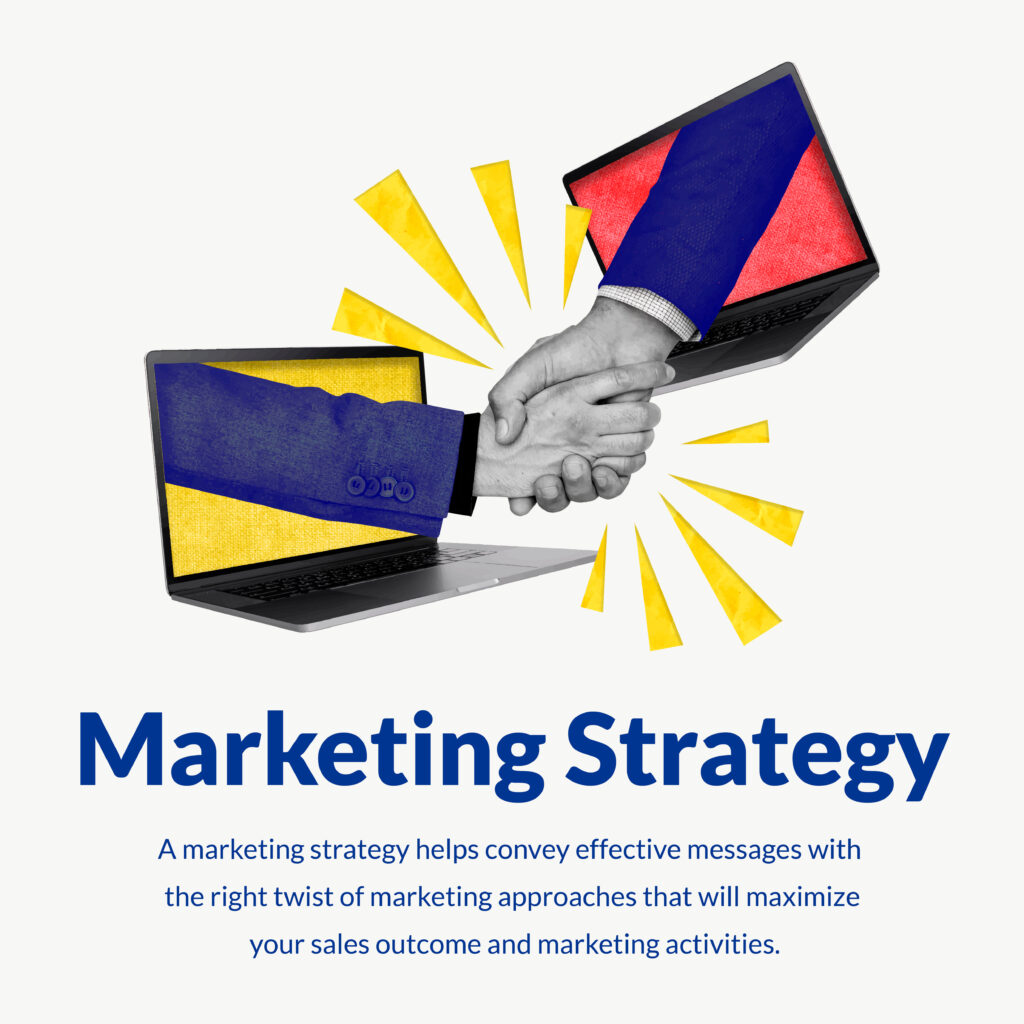How Marketing Support helps to Grow Business?
Marketing Support What It is and How It Drives Business Growth?
In today’s highly competitive and fast-paced business environment, companies of all sizes face the constant challenge of staying ahead of their competitors. One of the most vital assets in achieving success is marketing support, which provides businesses with the necessary tools, strategies, and resources to thrive in the marketplace. Whether it’s helping to improve brand visibility, drive customer engagement, or optimize marketing campaigns, effective marketing support is crucial for businesses aiming for sustainable growth.
But what exactly does marketing support involve, and why is it so important for your business? In this article, we’ll dive deep into marketing support, exploring what it entails, the key areas of focus, and how you can leverage it to enhance your business outcomes.
Table of Contents

What Does Marketing Support Do?
Marketing support refers to a variety of services, strategies, and resources provided to businesses to help them execute successful marketing campaigns, improve their digital presence, and ultimately drive growth. Its core function is to support companies by implementing marketing strategies that increase visibility, attract customers, and enhance their market position.
Key Components of Marketing Support:-
- Strategy Development: One of the first aspects of marketing support is formulating a comprehensive marketing strategy that aligns with business objectives. This involves conducting market research, defining target audiences, setting clear goals, and choosing the right marketing channels (digital or traditional).
- Content Creation: High-quality content is crucial for engaging with your audience and improving SEO. Marketing support often includes content creation, such as blog posts, videos, infographics, and social media content that helps businesses communicate their message effectively and drive traffic to their website.
- SEO and Digital Marketing: Search Engine Optimization (SEO) and digital marketing are the foundation of online marketing support. SEO ensures that your website ranks higher in search engine results, attracting more organic traffic. Meanwhile, digital marketing encompasses all online efforts like social media management, email marketing, paid advertising, and influencer partnerships.
- Branding and Positioning: Marketing support also helps with defining and enhancing a brand’s identity. Whether it’s designing a logo or refining brand messaging, marketing support ensures consistency across all touchpoints, making your brand more recognizable and trusted by your target audience.
- Lead Generation and Conversion Optimization: Lead generation is critical for businesses to convert prospects into customers. Marketing support can help design campaigns that attract qualified leads and improve conversion rates through optimized landing pages, email campaigns, and retargeting ads.
- Social Media Management: Effective marketing support includes managing your social media profiles, creating content tailored to each platform, and interacting with your audience to build engagement and foster long-term relationships.
- Analytics and Reporting: Marketing support often comes with data analysis and reporting. Understanding which strategies work and which don’t is vital for continuously improving campaigns. Data helps marketers understand user behavior, track KPIs, and adjust their approach for maximum impact.

3-3-3 Rule in Marketing A Key Framework
When executing marketing strategies, time is of the essence. That’s where the 3-3-3 rule comes into play. This rule helps marketers structure content and communication with the customer by setting clear expectations for engagement and follow-up.
Breakdown of the 3-3-3 Rule:-
- 3 Seconds: The first three seconds are crucial in capturing the audience’s attention. Whether it’s a headline, a catchy ad, or an engaging visual, marketers need to immediately hook the audience with something relevant or eye-catching to make them want to stay and learn more.
- 3 Minutes: After you’ve captured attention, you have around three minutes to provide valuable content or an engaging experience. This could be through a well-crafted blog post, a video, or a product demo. This is where businesses need to nurture the interest they’ve generated and provide compelling information that resonates with the user.
- 3 Days: The final phase of engagement involves following up with the customer or prospect within three days. This could be through emails, remarketing ads, or social media engagement. The goal is to keep the conversation going and maintain the customer’s interest, ensuring they don’t forget about your business and continue interacting with your brand.
The 3-3-3 rule helps marketers organize their messaging strategy to ensure maximum engagement, value delivery, and retention over a short period.
4 Areas of Marketing A Strategic Approach
Marketing is a multi-faceted domain, and to create a well-rounded strategy, businesses need to consider the four main areas of marketing, often referred to as the 4 Ps of marketing. Each area plays a critical role in ensuring your marketing efforts are comprehensive and effective.
4 Ps of Marketing:
- Product: The first area is the product itself. Understanding your product’s features, benefits, and differentiators is vital to crafting a marketing message that speaks to your target audience’s needs. Marketing support helps by conducting product research and helping businesses position their products effectively.
- Price: Pricing is another key area of marketing. Businesses must decide on a price that reflects the product’s value while also considering market conditions and competitor pricing. Marketing support helps by conducting competitor price analysis and recommending pricing strategies to optimize sales.
- Place: Place refers to the distribution channels used to make the product available to the customer. It includes physical stores, e-commerce platforms, and third-party distributors. Marketing support helps businesses choose the best channels for reaching their target audience and optimize their supply chain for better accessibility.
- Promotion: Promotion is about how businesses communicate their offerings to the target audience. Whether it’s through advertising, PR, social media marketing, or sales promotions, marketing support ensures that the right message is communicated at the right time through the right channels.

How Do I Ask for Marketing Support?
If you’re a business looking to get marketing support, it’s essential to know how to approach professionals or agencies that can help you. Here’s a step-by-step guide on how to ask for marketing support:
- Identify Your Needs: Start by assessing your business’s current situation. Do you need help with SEO, content creation, social media, or paid ads? Understanding what you need support with will allow you to communicate your expectations clearly.
- Research Potential Providers: Look for marketing agencies, consultants, or in-house professionals with expertise in the areas where you need help. Check out their portfolios, reviews, and case studies to assess their capabilities.
- Reach Out with Specific Requests: When contacting marketing professionals, be clear about your needs, goals, and expectations. The more specific you are, the easier it will be for them to provide a tailored proposal.
- Set Clear Goals and Timelines: Whether you want to increase brand awareness or generate more leads, define your objectives. This will help the marketing team understand the scope of the project and develop strategies to meet your needs.
- Collaborate and Maintain Communication: Marketing success depends on teamwork. Be open to collaboration and feedback, and ensure ongoing communication to ensure the project stays on track.
FAQ’s for Marketing Support
1. What does marketing support do?
Marketing support helps businesses by providing services like content creation, SEO, brand positioning, social media management, lead generation, and analytics. It ensures that businesses have the resources they need to execute successful marketing strategies and grow their brand.
2. What is the 3-3-3 rule in marketing?
The 3-3-3 rule is a marketing framework that breaks down engagement into three stages:
- 3 seconds to capture attention,
- 3 minutes to provide valuable content, and
- 3 days to follow up and maintain interest.
3. What are the 4 areas of marketing?
The 4 Ps of marketing are:
- Product: The product or service being offered.
- Price: The cost of the product or service.
- Place: The distribution channels for reaching customers.
- Promotion: The methods used to promote the product or service.
4. How do I ask for marketing support?
To ask for marketing support, first assess your business’s needs, research potential providers, and reach out with clear goals and expectations. Collaborate with the marketing team to ensure that they understand your vision and work together to achieve your objectives.
Marketing support offers a comprehensive understanding of the role it plays in business success, along with actionable insights on how to use it effectively. By incorporating key strategies like the 3-3-3 rule and focusing on the 4 Ps of marketing, businesses can optimize their marketing efforts and drive growth.




